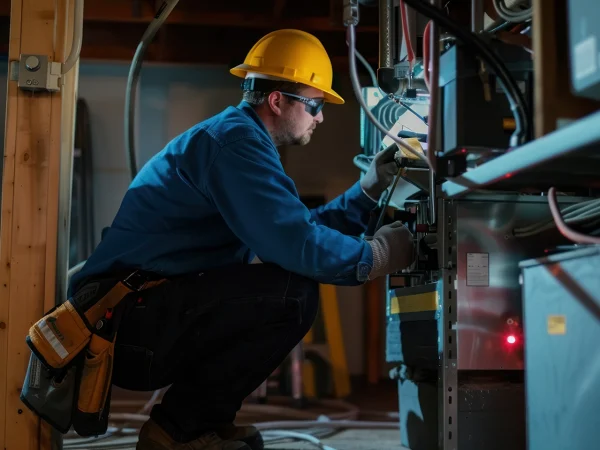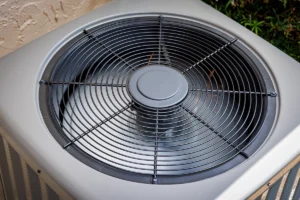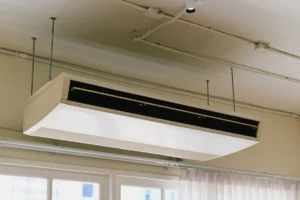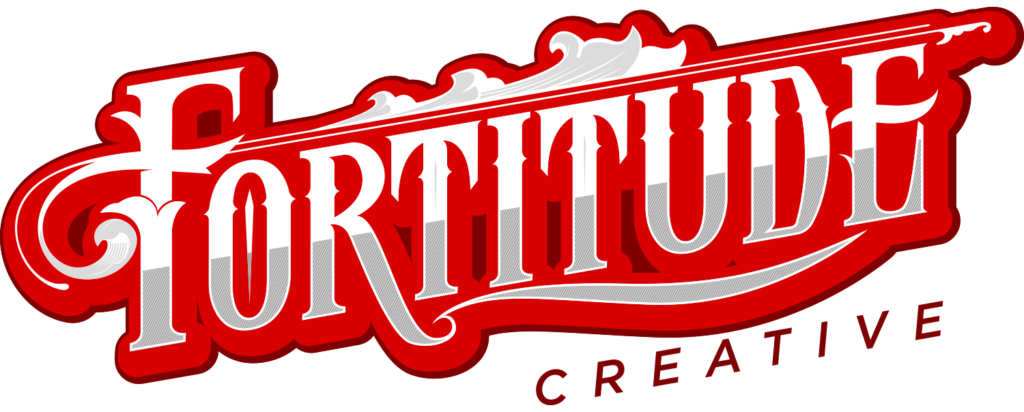You know that uniquely miserable feeling when your furnace quits during one of our classic Vancouver cold snaps? The kind where the east wind is ripping through the Gorge, and that famous Pacific Northwest drizzle has turned into a bone-chilling mess? Well, after years of midnight rescue runs with Professor Heat Pump, I can tell you we’ve seen this scene play out more times than I care to count. And here’s the kicker – most of these emergency calls come down to one small but mighty part: the furnace ignitor. It’s amazing how something barely bigger than a pencil can bring your whole heating system to its knees and turn your cozy home into an ice box faster than you can say “Columbia River freeze.”
Why Your Furnace Ignitor Is Such a Big Deal
Think about the last time you tried starting your car on a freezing morning at the Park and Ride. That initial turn of the key is crucial, right? Your furnace ignitor works the same way – it’s the spark that gets everything going. And just like you wouldn’t want your car failing to start when you’re running late for a C-TRAN express into Portland, you definitely don’t want your furnace calling it quits during one of our infamous January cold snaps.
The Signs Your Ignitor Is Waving Red Flags
You know that clicking sound you hear when your furnace is trying to start? If you’re hearing the click but getting no heat, that’s your system’s way of saying, “Hey, we’ve got a problem here!” We see this all the time, especially in older homes around Hazel Dell and Felida. Just last week, I was out at a house near Salmon Creek where the homeowner had been dealing with this exact issue for days, thinking it would somehow fix itself. Spoiler alert: it didn’t.
Those Subtle Hints You Might Be Missing
But here’s the thing – not all ignitor problems announce themselves with a dramatic failure. Sometimes it’s more like how Mount St. Helens grumbles before anything serious happens. Maybe you’ve noticed your energy bill creeping up faster than housing prices in Fisher’s Landing. Or perhaps there’s that weird smell when your furnace kicks on, kind of like that time you left your fleece too close to the space heater. These little signs? They’re your furnace’s way of sending up flares.
Why Good Ignitors Go Bad in the PNW
Living in the Vancouver area comes with its own special set of challenges for heating systems. That moisture we deal with from October through June? It’s not just making your windshield wipers work overtime – it’s also doing a number on your furnace components. Between the humidity that rolls in off the Columbia and the constant shift between heating and cooling during our shoulder seasons, ignitors here take more abuse than a hiking trail on Mount Hood during summer weekends.
When DIY Isn’t the Answer
Look, I get it. We’re from the Pacific Northwest – we’re the kind of people who build our own rain gardens and aren’t afraid to tackle a leaky faucet. But furnace ignitors, especially in gas systems? That’s one project you don’t want to add to your weekend warrior list. It’s like trying to navigate the I-5 Bridge during rush hour – some things are better left to the folks who do it every day.
Keeping Your System Happy Through the Seasons
Prevention is worth its weight in locally roasted coffee beans. Just like you wouldn’t take on the Lacamas Heritage Trail without checking your gear first, your furnace needs regular check-ups to stay in fighting shape. Our Professor Heat Pump team knows exactly what to look for, from the telltale signs of wear to those tiny efficiency issues that could turn into bigger problems down the road.
The Vancouver Weather Factor
You know how we joke about experiencing all four seasons in a single day here? Those rapid temperature swings aren’t just messing with your wardrobe choices – they’re putting extra stress on your heating system. One day it’s mild enough to hit the Vancouver Farmers Market in a t-shirt, the next day you’re scraping ice off your windshield at The Waterfront. Your furnace has to keep up with all of that, and the ignitor takes the brunt of the workload.
Smart Planning for the Long Haul
Sometimes, especially with older systems, you need to think about the bigger picture. It’s like deciding whether to keep patching up your old Subaru or finally upgrading to something more reliable. If your furnace has been around since the last time the Mariners made the playoffs, it might be time to talk about replacement options that’ll save you money in the long run.
The Value of Local Experience
There’s a reason why having a local team matters. We know this area like we know our favorite coffee spots on Main Street. We understand how the weather patterns coming off the Columbia affect your heating system, and we’ve seen firsthand how different neighborhoods – from the historic homes in Carter Park to the newer builds out in Orchards – present their own unique challenges.
Taking Action Before Problems Escalate
Here’s some real talk from your neighbors at Professor Heat Pump: don’t wait until you’re in full emergency mode to deal with ignitor issues. The warning signs are usually there, kind of like how you can feel a storm coming when the winds shift over Vancouver Lake. Trust those instincts – if something seems off about your heating system, it probably is.
The Importance of Regular Maintenance
Think of furnace maintenance like you would your winter prep routine. Just as you make sure your rain gear is sorted before the wet season hits, regular check-ups keep your heating system ready for whatever Mother Nature throws our way. Our Professor Heat Pump team can spot potential ignitor issues before they leave you shivering.
We’re Your Local Heating Partners
At Professor Heat Pump, we’re not just another service company – we’re your neighbors who happen to know a thing or two about keeping homes warm. Whether you’re in an older home in Lincoln or a new build in East Vancouver, we understand the unique challenges of maintaining comfort through our Northwest winters.
Spotted any of these warning signs we’ve talked about? Give us a shout at (564) 888-5527. We know Vancouver’s climate challenges like we know our way around the Washington State University campus. After all, keeping your family cozy through the winter isn’t just our job – it’s our commitment to our community.









